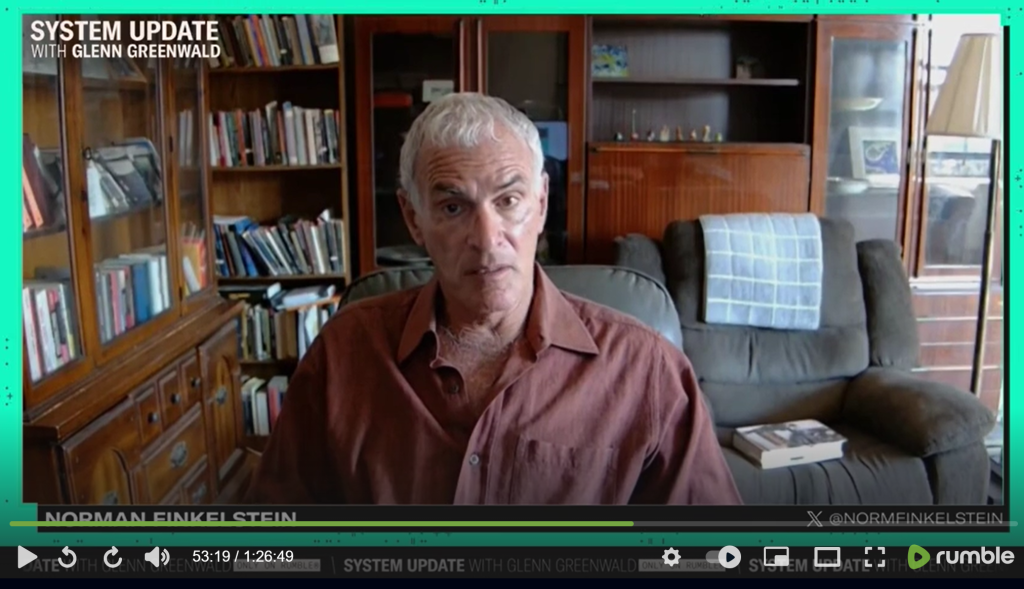
SABEEL WAVE OF PRAYER
2 APRIL 2024 This week’s Wave of Prayer will only contain prayers for Easter which the Western Church celebrated last week. Moreover, these liturgies were used in the special Easter vigil held on the 30th March which held messages from Reverend Munther Isaac and prayers led by many of our partners: Bethlehem Bible College (BBC), Christ at the Checkpoint (CATC), Churches for Middle East Peace (CMEP), Freedom Road, Gaza Ceasefire Pilgrimages, Global Emersion, Kairos Palestine, Network of Evangelicals for the Middle East (NEME), Red Letter








